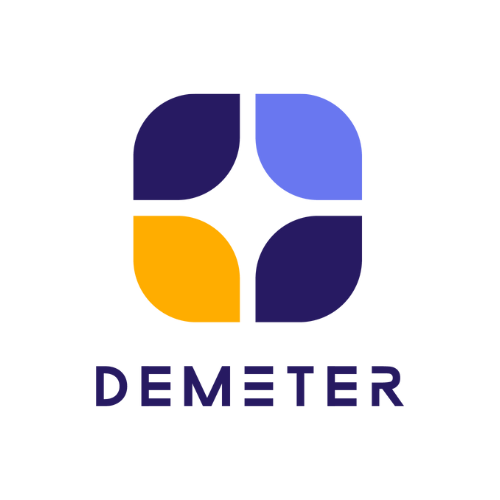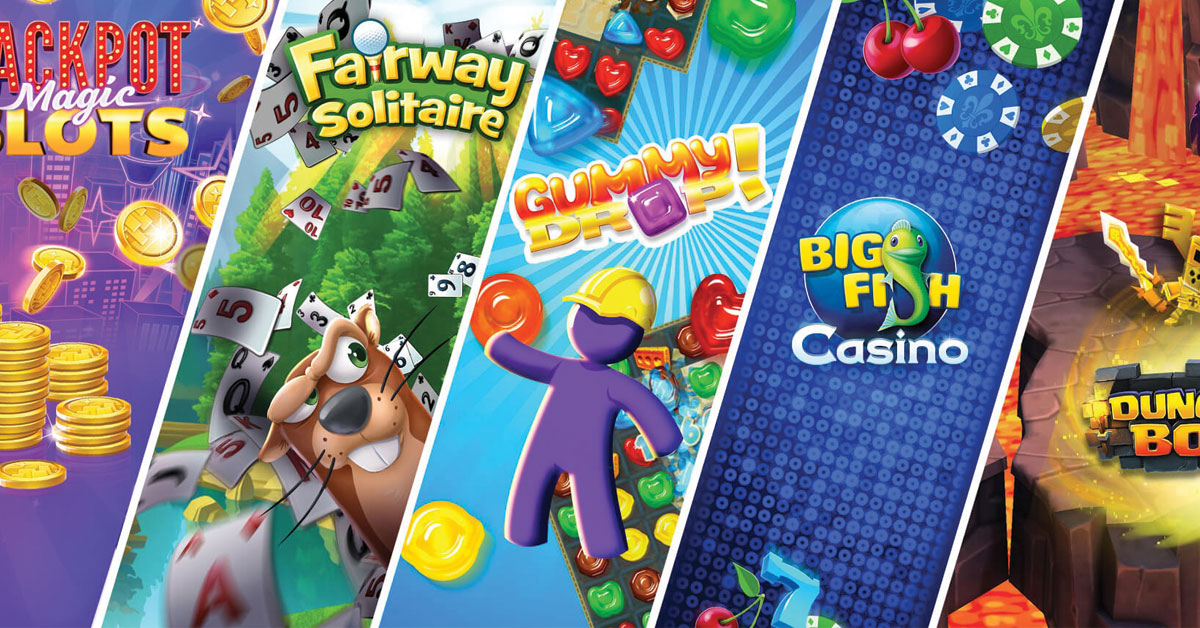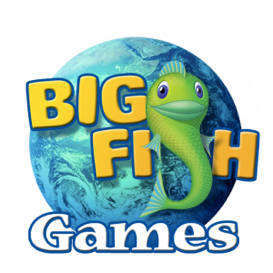
Customer Since
2016
Self-Service Ticket Deflection
40%
Reduction in Avg. Wait Time
60%
Gain in Agent Productivity
5.15%
Products Used
How do you turn 30 minutes of customer service time into 30 seconds?
That was the question Jeremy Fair, Sr. Manager of Operations Business Systems at Big Fish Games, and the customer support leadership team aimed to answer as they weighed more than a dozen CRM and customer service software options in mid-2016.
Big Fish Games is comprised of 29 brands offering more than 5,000 games. With a desire to deliver an optimal game experience, and to amp up self-service to address easily-resolved issues, the game publisher chose Zendesk Support and Guide as its customer support solution.
Fast-forward a year since implementation and Big Fish Games has seen a 40 percent ticket deflection rate and a vastly improved SLA; cutting wait times by 16 percent. This, Fair said, is a key company metric for success; allowing Big Fish Games to identify and segment customers in order to get back to them more quickly than before. The time savings have also contributed to a boost in productivity; agents are handling 5.15 percent more incidents than before.
As an 11-year veteran of the company, Fair saw support tickets skyrocket from just 30 emails a day, back when Fair himself was a front-line support agent, to the exponentially growing volume that Big Fish Games receives today, long past Fair’s time managing the support team. Over time, the business has also shifted from desktop to mobile games, a change that consequently changed how the company provided customer support.
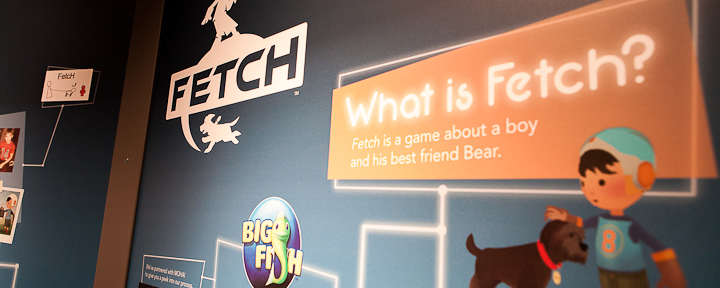
Fair and his Operations Business Systems team now closely partner with Stacy Justino, senior manager of customer support, and Justino’s team of in-house agents at the company’s Seattle headquarters. The Customer Support team offers assistance seven days a week, in four languages. The team is also supported by light agents—others across the company with insight into the support experience. As it turns out, this add-on feature to Big Fish’s Zendesk plan has been a boon for the support team.
Fair explained, “With our previous solution, if another department required access to ticket information, we were only able to provide them a report generated from the solution. They weren’t able to directly interact, to self-serve and grab the information they wanted or needed. As Zendesk light agents, they can self-serve, which reduces the workload for our team.”
At the time, Big Fish’s previous support platform vendor was a big fish in its own pond. But Fair noted, “Two of the big things that we found lacking were documentation and a willingness to help—and with a CRM, a willingness to help should be a focus.”
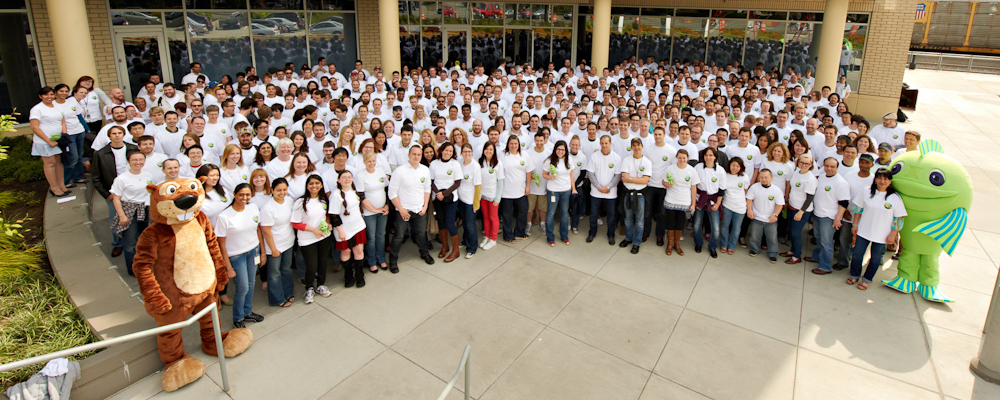
This is part of what led the team to Zendesk in 2016. Big Fish required a support software partner that could offer a robust feature set and help meet the gaming company’s needs as it moved in a new direction. Justino, along with Fair, helped to evaluate and select the team’s new solution and were drawn to Zendesk for features like the Zendesk Support SDK (software development kit), Support’s SLA feature, and the ability to set up help centers for multiple brands. They recognized that these features would help the business scale and enable the team to easily add support for new games and customers.
The Zendesk Mobile SDK was another big win—“a huge leap forward for us,” Fair said. With the Mobile SDK, the company’s help center is mobile-optimized and improves the player experience by allowing players to find help in context. The Mobile SDK also allows agents to quickly add knowledge base content into apps, and players can create or update requests for help directly from the app or game, in addition to searching for help articles.
“The ability to pull additional app and device information into support tickets from the app is monumental for us,” Fair said. “It eliminates so much back and forth with the customer.”
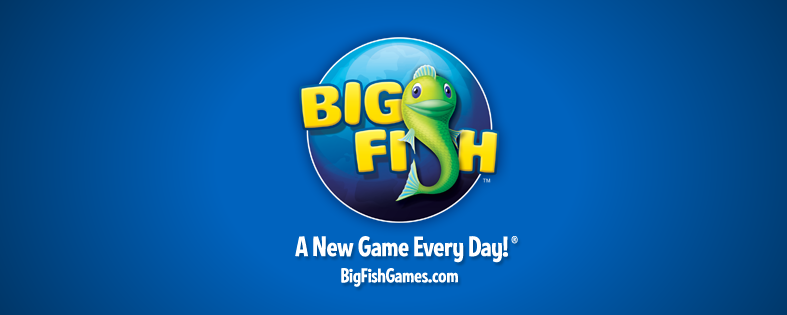
Even before Zendesk, the Customer Support team was working hard to deflect tickets and keep players playing, but Fair noted, “We’re taking it to the next level here with Zendesk. As we migrated our previous solution to Zendesk, we migrated all of our tricks and tactics for ticket deflection. One, of course, is providing good content that answers the customer’s need. The second is using auto responses. Those are huge for us.”
The team leverages the power of keywords and at least 50 different auto responses, run by a triggers within Zendesk Support, to deflect tickets. Making time to create great help content can be a challenge for some teams, especially while trying to shave time elsewhere in the process, but it’s crucial to provide uniform, fast support across Big Fish Games’ growing portfolio of brands and games.
A year ago, Big Fish was hosting approximately 6 brands; today, there are 29 on its roster, Fair explained. Using Support’s Multibrand feature, each of the 29 brands now has its own help center, allowing the support team to create a consistent, but unique experience for each brand’s games.
To further improve the support experience, Big Fish makes use of a handful of apps from the Zendesk Apps Marketplace, installed and put to use out-of-the-box, without having to involve custom development.
“We’re integration-giddy around here,” Fair said. “We love integrations, and we’re really delighted about how easy it’s been to integrate with Zendesk.”
In addition to the company’s impressive ticket-deflection rate, Lead Zendesk Developer on the Business Operations Systems team, Autumn Fair, helps facilitate tracking for 40 different metrics within the Zendesk Support dashboard. Key metrics include: ticket volume, tickets answered per day, ticket disposition (the type of ticket), resolution time, and tickets created day over day. She provides these to the Customer Support team to help gauge their success.
Improving and adhering to SLAs, by virtue of being able to define and measure average response and resolution times, is “infectiously impressive,” Fair shared. The Customer Support team had always hit high-priority SLAs, but Zendesk’s analytics has provided more insight into a broader range of benchmarks and helped the team improve SLAs across all player segments.
